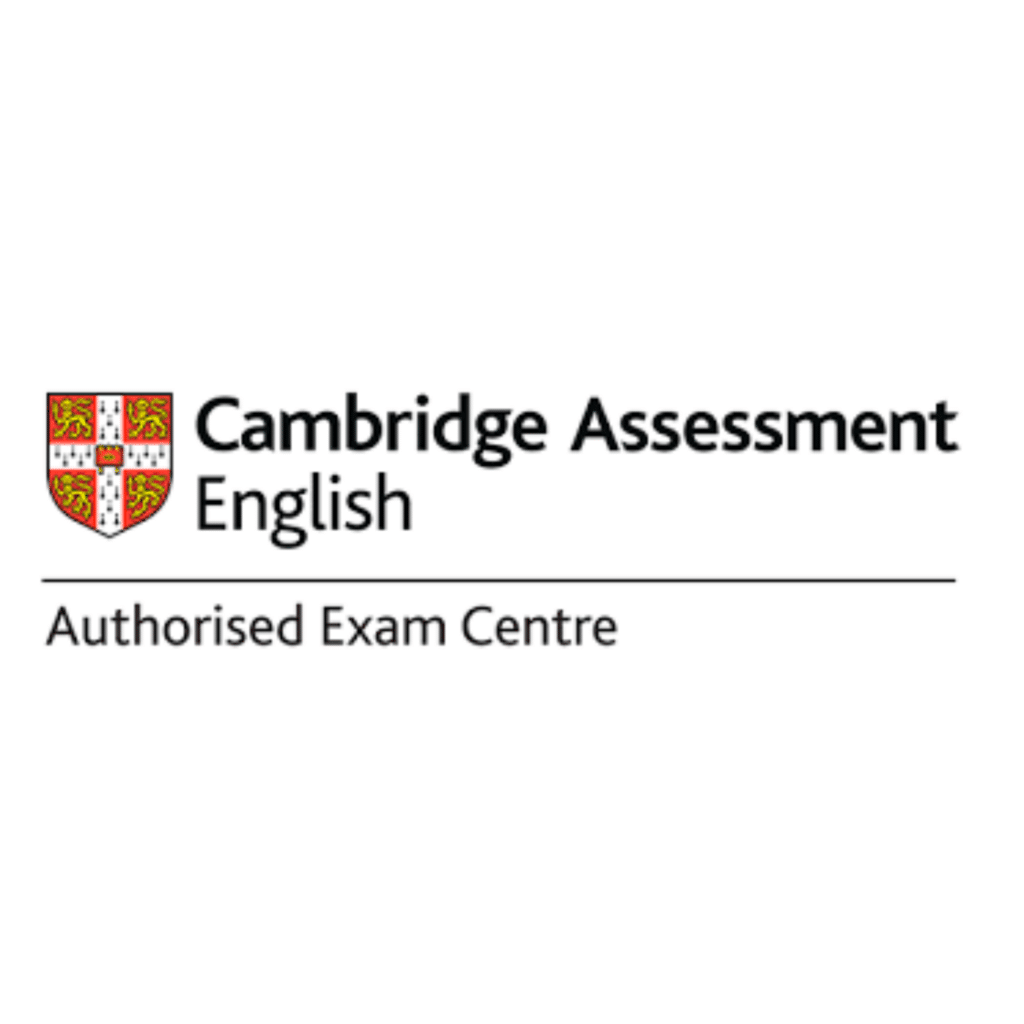What is "Titulitis"?
“Titulitis” is a term used in some Spanish-speaking countries to refer to a perceived overemphasis on formal qualifications and degrees in the job market, to the point where possessing multiple degrees or certificates may be seen as more important than actual skills or experience. It is often used to criticise a system that places too much importance on formal qualifications, rather than practical skills and abilities.
Is "Titulitis" a problem?
The concept of “titulitis” is subjective and controversial. While some argue that the emphasis on formal qualifications can lead to an oversupply of educated but inexperienced workers, others argue that formal qualifications are necessary for professional success and advancement in many fields.
Ultimately, the role of formal qualifications in the job market is shaped by a variety of factors, including cultural values, educational systems, and labour market conditions. While there may be instances where possessing multiple degrees or certificates is seen as more important than actual skills or experience, this is not necessarily the case in all contexts or industries.

Language Certificates in Spain
The decision to obtain a language proficiency certificate depends on your personal goals and the requirements of the institutions or organisations with which you are working or planning to work.
While there may be a perception that the Spanish have a particular affinity for certificates, the use of certificates to certify skills or qualifications is not unique to Spain. Certificates are a common way to demonstrate proficiency or competency in a variety of fields and industries around the world.
In Spain, certificates are often required for certain professions, especially those that are part of the civil service, such as teaching and healthcare. Additionally, certificates may be required for admission to certain educational programs or to meet regulatory requirements for certain types of work.
One reason why certificates may be particularly important in Spain is the country’s highly regulated labor market, which places a premium on formal qualifications and certifications. Additionally, the use of certificates may be seen as a way to ensure a certain level of quality or standardisation across different sectors and industries.
Overall, while the use of certificates may be more prevalent in some countries or industries than others, they serve an important function in many contexts as a way to validate skills and qualifications.
English Language Certificates
In many cases, it is not strictly necessary to have a certificate to prove your level of proficiency in a language. However, having a certificate can be helpful in many situations, such as when applying for a job or for admission to a university.
These days, universities and colleges worldwide offer numerous courses taught exclusively in English, making it easier for international students to enrol in their study programmes.
When you apply to a university in an English speaking country, you will most likely need some kind of English-language certificate, which proves you have enough knowledge to participate in classes, understand the textbooks, and complete your assignments.
To pass an English test and obtain the language certificate, you might need to invest a lot of time and effort, depending on your current English level. What better reason to start preparing and practising as soon as possible. It’s also wise to take the English exam early on, so you won’t miss the university application deadlines.
Certificates can also provide a standardised measure of your language abilities, which can be useful for both personal and professional development. Some popular language proficiency tests that offer certificates include the Cambridge English Qualifications, TOEFL (Test of English as a Foreign Language) and IELTS (International English Language Testing System).
Below, we’ll go through some of the general information about these 3 popular English language certificates and a summary of the European framework for language levels. This will help you understand exam structure and scoring better.
Cambridge English Qualifications
Cambridge English Language Assessment (formerly the University of Cambridge ESOL Examinations) is an organisation that offers English language certificates for different language levels. All Cambridge exams can be done either, Paper-based (presentially) or Computer-based. They offer many types of exams, but the most popular ones are:
- B2 First
B2 First — formerly known as FCE: First Certificate in English — is about the same level as the common scores for the TOEFL® test (B1–B2) and IELTS 5.5–6.5. It takes around 3 hours and 30 minutes to complete.
- C1 Advanced
C1 Advanced — formerly known as CAE: Certificate in Advanced English — is oriented at the high C1–C2 levels (comparable to IELTS 6.5–8.0) and is accepted by many British universities and over 9,000 educational institutions and businesses worldwide. It takes around 4 hours to complete.
- C2 Proficiency
C2 Proficiency — formerly known as CPE: Certificate of Proficiency in English — is the most advanced exam, ranked at the C2 level, which is well above the maximum scale of the TOEFL® test and similar to an 8.5 and above in the IELTS test. It takes around 4 hours to complete.
All 3 English exams (B2 First, C1 Advanced, C2 Proficiency) are divided into 4 parts:
- Reading and Use of English
- Writing
- Listening
- Speaking
Cambridge certificates are mainly used in the United Kingdom, but they are also accepted by numerous universities and colleges worldwide.
Unlike other certificates, Cambridge qualifications do not have an expiry date. However, universities and other organisations can choose if they accept results older than 2–3 years.
If you can prove you’ve been practising or using English in the years after passing your Cambridge exam, you might be on the safe side. But if you passed an examination 5 years ago and then only used English occasionally, you should not expect any institution to accept your certificate.
- LINGUASKILL
This exam was introduced by Cambridge as a result of the COVID-19 Pandemic. It offers an online solution to a quick test, getting quick results. Linguaskill is a quick and convenient online test to help organisations check the English levels of individuals and groups of candidates, powered by Artificial Intelligence technology. It tests all four language skills – speaking, writing, reading and listening – in modules.
It provides accurate results within 48 hours and is easy to administer; you can administer the test at any time or place, even to candidates at home. Results are aligned to the Common European Framework of Reference (CEFR), the international standard for describing language ability.
The Linguaskill exam takes around 2 hours to complete and is completely computer-based.
There are 3 parts:
- Reading and Listening
- Writing
- Speaking
The Reading and Listening module is adaptive, so there is not a fixed number of questions. Each question the candidate answers helps the computer to understand their level better. The test finishes when the candidate has answered enough questions for Linguaskill to identify their level accurately. The Writing module asks candidates to input answers using a computer keyboard. The Speaking module is taken using a computer with a microphone and headphones. Questions are presented to the candidate through the computer screen and headphones, and their responses are recorded.
TOEFL®: Test of English as a Foreign Language
TOEFL® is a very popular English certificate around the world. In most cases, it is offered as a computer-based test (TOEFL® iBT), but there is also a paper-based test offered only in locations without an internet connection.
There is also an online version, which can be taken from the comfort of your home.
TOEFL® iBT takes 3 hours to complete and has 4 parts. Each part is graded with up to 30 points, which adds up to a maximum score of 120 points:
- Reading
- Listening
- Speaking
- Writing
During the entire test, you are interacting with a computer. In the first two parts, you read texts and listen to recordings about various topics and answer multiple-choice questions about the content afterwards.
For the Speaking part, your answers are recorded, sent to an online scoring network and evaluated by three to six examiners. The Written part is evaluated by this online scoring network as well.
The most common scores required by universities range between 70–90. Some universities also require a specific minimum score in one of the 4 sections. Prices for TOEFL® iBT vary a lot depending on the country and the test centre where you take the exam.
The TOEFL certificate is valid for two years.
IELTS: International English Language Testing System
IELTS offers an Academic version of their test, designed for academic and professional environments.
Like TOEFL®, IELTS is one of the most popular English language tests in the world. IELTS is also accepted as language proof for certain work permits, as well as for immigration. IELTS Academic has 4 parts:
- Listening
- Academic Reading
- Academic Writing
- Speaking
They add up to a test duration of around 2 hours and 45 minutes.
IELTS Academic is available both computer and paper-based. To avoid any confusion, computer-based means you’ll take the exam using a computer, not that you can take it from your home.
In either situation, you’ll need to register and take the exam at an official test centre. For both versions, the Speaking part is face-to-face with a certified examiner.
IELTS test results use a 0–9 grading scale. To be admitted for English-taught programmes, commonly required scores range between 5.5 and 6.5. Like TOEFL®, IELTS prices vary from one country to another.
The IELTS certificate is valid for two years.
Common European Framework of Reference for Languages (CEFR)
A Basic Speaker
- A1: Breakthrough or beginner
- A2: Waystage or elementary
B Independent Speaker
- B1: Threshold or intermediate
- B2: Vantage or upper intermediate
C Proficient Speaker
- C1: Effective Operational Proficiency or advanced
- C2: Mastery or proficiency
For each level, there is a description of what the learner must be able to do in terms of reading, listening, speaking, and writing skills. Those descriptions apply to any language.
Usually, the expected level for study programmes in many countries is B. However, certain academic institutions or programmes might require a higher level.
Most universities and colleges usually list the minimum English test score on their website or study pages. Always check what English test you need to pass and with what score to avoid having problems with your application later on.
GLOSSARY
All the words in the Blog that are highlighted in RED, are explained below :
overemphasis (n) – excessive emphasis
to criticise (v) – indicate faults in a disapproving way
subjective (adj) – based on your own personal feelings or opinions
oversupply (n) – too much supply of something
success (n) – accomplishment of an aim or purpose
advancement (n) – a development or improvement
variety (n) – the quality or state of being different or diverse
perception (n) – the way in which something is interpreted or understood
affinity (n) – a natural liking for and understanding of someone or something
unique (adj) – being the only one of its kind; unlike anything else
competency (n) -the ability to do something successfully or efficiently
civil service (n) – the permanent professional branches of a state’s administration
regulatory requirements (n) – rules that businesses must follow
to ensure (v) – to make sure
prevalent (adj) – widespread in a particular area or at a particular time
to validate (v) – check or prove the accuracy of something
to enrol (v) – officially register as a member of an institution or a student on a course
assignments (n) – a task or piece of work allocated to someone as part of a job or course of study
wise (adj) – with knowledge and experience
deadlines (n) – the latest time or date by which something should be completed
framework (n) – a basic structure underlying a system, concept, or text
oriented (adj) – tailor or adapt (something) to specified circumstances
ranked (adj) – give (someone or something) a rank or place within a grading system
convenient (adj) – fitting in well with a person’s needs, activities, and plans
to administer (v) – manage and be responsible for the running of
aligned (adj) – place or arrange (things) in a straight line
adaptive (adj) – having an ability to change to suit changing conditions
comfort (n) – a state of physical ease and freedom from pain
graded (adj) – classify or sort
afterwards (adverb) – at a later or future time
to vary (v) – differ in size, amount, degree, or nature from something else of the same general class
proof (n) – evidence



